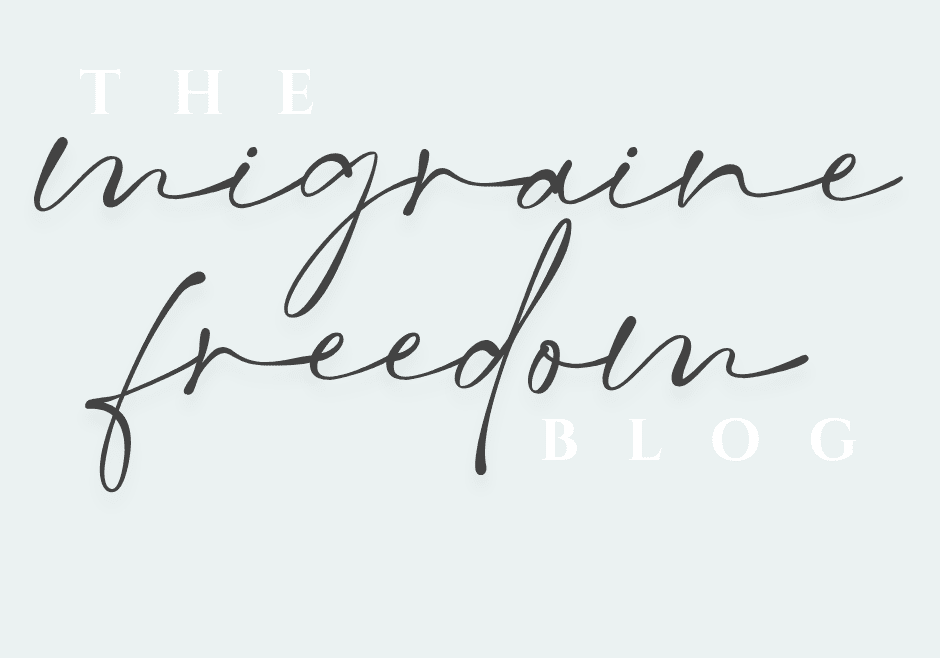
Excessive caffeine can bring along unwelcome companions like anxiety, insomnia, digestive issues, fatigue, and dehydration. If these symptoms are impacting your daily life – especially if you're taking medication for them – reducing or eliminating caffeine might be beneficial not only for your overall health but also for finding relief from migraines.
Dependency forms when the brain anticipates its next caffeine dose. If this expected dose isn't received, a withdrawal syndrome can occur, with symptoms like headaches, fatigue, difficulty concentrating, nausea, and others that can mimic a migraine. This withdrawal can even manifest as the "weekend migraine," often occurring on Saturdays or Sundays due to sleeping in and delaying the morning coffee.
Individual Differences: Genetics and Lifestyle
It's important to remember that caffeine affects individuals differently, influenced by factors like genetics, lifestyle, and body chemistry.
Genetically, researchers have identified two variations of the CYP1A2 gene, which helps the liver break down caffeine: a fast-metabolizing version and a slow-metabolizing version. Approximately 50% of people inherit two copies of the fast-metabolizing gene, allowing them to process caffeine up to four times faster than those with the slow-metabolizing version.
While most people can likely tolerate around 200mg of caffeine per day without significant adverse effects, individuals prone to migraines might need to experiment with this threshold, as it could be too high for many. Also, remember that the caffeine content in coffee can vary, so always check the specifics of your preferred source.
Furthermore, as we age, the enzymes involved in caffeine metabolism become less efficient, leading to a slower clearance rate. Other factors, such as pregnancy, certain medications (like oral contraceptives, antidepressants, and some heart medications), and smoking can also slow down caffeine metabolism and increase its half-life in your body.
Making Informed Choices
Whether you're a dedicated coffee lover or simply enjoy the occasional caffeinated treat, understanding how caffeine interacts with your body is crucial for maintaining your well-being, especially when it comes to finding freedom from migraines.
As always, if you need any support, please don't hesitate to reach out.
And if you’re not inside already, make sure to join the FREE Women’s Migraine Freedom™ Facebook Group and say hi. See you over there!

ABOUT THE AUTHOR
Debbie Waidl is the Owner of In The Balance Health Coaching LLC, and Founder of The Freedom From Migraines Method™ & The Migraine Freedom Protocol™
She supports busy moms living with Migraines.
Debbie will uncover what is holding them back from migraine freedom so they can live their life pain and symptom free, work productively, spend the time they want with family and friends, and stop missing out on the things they enjoy.
A message from Debbie:
"I was once right where you are now. 100% believing there was NO WAY to end migraines and my only option was to learn how to live with them or find that magic pill that maybe would work for a while. If anyone told me back then that I could end my pain once and for all, I would have called BS and popped another pill!
Skeptical times 10 was my middle name for sure because when you try it all and everyone tells you they can help you and they don’t. You stop believing… you lose HOPE!
I now realize I was approaching my migraines all backward.
I was trying to cover up symptoms versus trying to end my pain."
share this post
“I Had Ibuprofen in Every Purse, Cupboard, and Car-Here’s Why I Stopped”
By Debbie Waidl |
The Real Reason You Can’t Stick to Anything (It’s Not What You Think)
By Debbie Waidl |
“If I Can Only Do One Thing…?” The Truth About Where to Start with Migraine Relief
By Debbie Waidl |
Her Breaking Point Became Her Breakthrough: Lori’s Migraine Story
By Debbie Waidl |
Your 2026 Migraine Reset: 3 Things to Finally Let Go Of
By Debbie Waidl |
One Christmas Message Every Migraine Sufferer Deserves to Hear
By Debbie Waidl |
The information provided in this blog is designed to provide helpful information on the subjects discussed. This blog is not meant to be used, nor should it be used, to diagnose or treat any medical condition. For diagnosis or treatment of any medical problem, consult your own physician. The publisher and author are not responsible for any specific health or allergy needs that may require medical supervision and are not liable for any damages or negative consequences from any treatment, action, application or preparation to any person reading or following the information in this blog. References are provided for informational purposes only and do not constitute an endorsement of any websites or other sources. Readers should be aware that the websites listed in this blog, including their content, may change at any time without notice.
800+ recipes designed with your migraine freedom goals in mind








